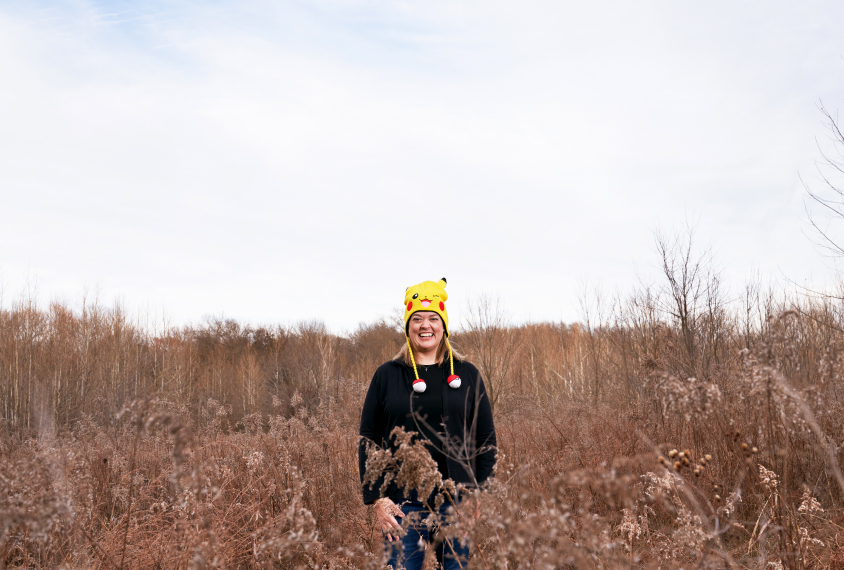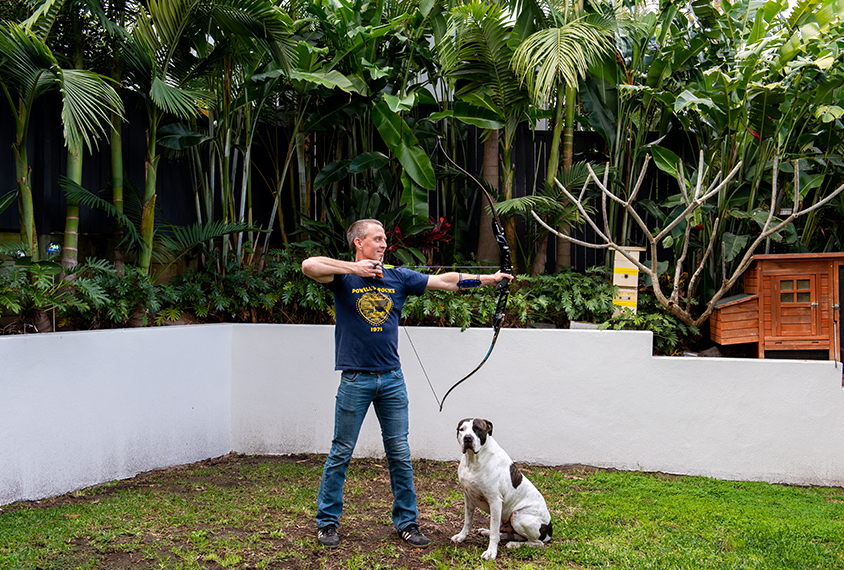Delia O’Hara is an award-winning writer and journalist, a former longtime features reporter for the Chicago Sun-Times. Specialties include science, health care, profiles, education, history, culture and the arts for magazines and websites. She is presently a member of the National Association of Science Writers and the Association of Health Care Journalists. She is also a published short story writer.
Delia O’Hara
From this contributor
Beyond the bench: A conversation with Konstantinos Zarbalis
Konstantinos “Kostas” Zarbalis talks about the upside of unexpected experimental results, and why he eats just one meal per day.

Beyond the bench: A conversation with Konstantinos Zarbalis
Beyond the bench: A conversation with Kristin Sohl
When pediatrician Kristin Sohl isn’t building programs to improve care for and research about autistic people, you can find her reading psychological thrillers or playing Pokémon Go.

Beyond the bench: A conversation with Kristin Sohl
Beyond the bench: A conversation with Andrew Whitehouse
Andrew Whitehouse talks about his conservation efforts in the Australian Outback, what it’s like to be an identical twin and why he leaves work promptly at 5 p.m.

Beyond the bench: A conversation with Andrew Whitehouse
Beyond the bench: A conversation with Ethan Scott
Ethan Scott packs his lab with math, physics and computer science experts to decode sensory brain networks in zebrafish models of autism.

Beyond the bench: A conversation with Ethan Scott
Explore more from The Transmitter
Neuro’s ark: Spying on the secret sensory world of ticks
Carola Städele, a self-proclaimed “tick magnet,” studies the arachnids’ sensory neurobiology—in other words, how these tiny parasites zero in on their next meal.

Neuro’s ark: Spying on the secret sensory world of ticks
Carola Städele, a self-proclaimed “tick magnet,” studies the arachnids’ sensory neurobiology—in other words, how these tiny parasites zero in on their next meal.
Autism in old age, and more
Here is a roundup of autism-related news and research spotted around the web for the week of 2 March.

Autism in old age, and more
Here is a roundup of autism-related news and research spotted around the web for the week of 2 March.
Lack of reviewers threatens robustness of neuroscience literature
Simple math suggests that small groups of scientists can significantly bias peer review.

Lack of reviewers threatens robustness of neuroscience literature
Simple math suggests that small groups of scientists can significantly bias peer review.